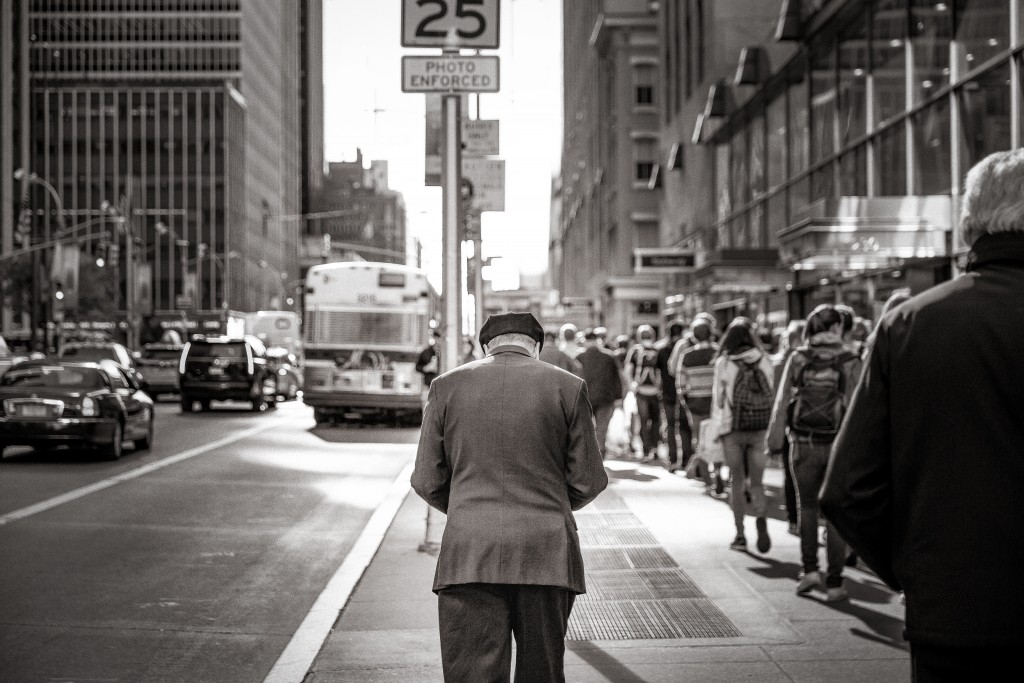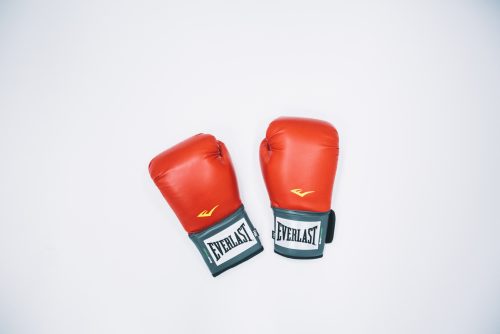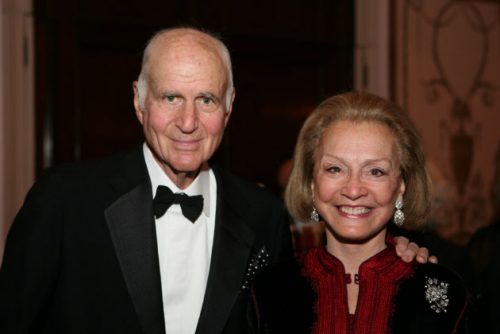Perhaps when charity becomes “administered,” it becomes un-spontaneous, meaning it is no longer truly a gift.
Theodor Adorno was a founding don of the Frankfurt School of critical theory and one of the twentieth century’s most influential thinkers. Forced to flee his native Germany amidst the upheaval of the Second World War, Adorno wound up in California living among a group of expat German intellectuals. Well known for his philosophical work of cultural criticism (especially his masterpiece Dialectic of Enlightenment, which he co-authored with Max Horkheimer), Adorno wrote remarkably widely, touching on everything from aesthetics to literature to politics to music.
In Minima Moralia: Reflections on a Damaged Life Adorno writes in a confident, epigrammatic style on countless different aspects of life under late capitalism. In the course of this, Adorno gets around to considering gift-giving and charity:
“We are forgetting how to give presents […] Here and there even children eye the giver suspiciously, as if the gift were merely a trick to sell them brushes or soap. Instead we have charity, administered beneficence, the planned plastering-over of society’s visible sores.”
One thinks here of the professionalized utilitarianism of so-called Big Philanthropy. As always, Adorno’s choice of words is deliberate—charity becomes “administered,” meaning un-spontaneous, meaning it is no longer a gift.
Adorno then zooms in on the particular case of gift-giving. The chilly dread that sets upon most of us as we stare down a long Christmas list or look ahead to a friend’s birthday suggests for Adorno a defect in our approach to giving.
“Real giving had its joy in imagining the joy of the receiver. It means choosing, expending time, going out of one’s way, thinking of the other as a subject: the opposite of distraction. Just this hardly anyone is now able to do. At the best they give what they would have liked themselves, only a few degrees worse.”
Adorno observes that the “fungibility” of gift-giving—“if you don’t want it, that’s all the same to me, get something else instead”—robs it of its very essence. What is supposed to be a quasi-ecstatic moment of intercourse between two particular persons becomes instead the cooly considered exchange of goods between anonymous agents. The plastic gift card is today the most obvious example of this transformation. The absurd scene of the buyer agonizing over which of several pre-drawn card designs best suits the recipient’s tastes—when of course nothing could matter less—only underlines the pure interchangeability of these little tokens of indifference.
“However, even if amidst superfluity the gift were superfluous […] people who no longer gave would still be in need of giving. In them wither the irreplaceable faculties that cannot flourish in the isolated cell of pure inwardness, but only in live contact with the warmth of things.”
For Adorno it becomes psychologically necessary to preserve our capacities for giving and receiving. Those who don’t stunt themselves, eroding their ability to make sense of the world and, subsequently, to live well in it. This is because the dynamics of true (i.e., spontaneous and joyful) gift-giving are inherent in the structures of existence itself. “Every undistorted relationship,” Adorno concludes, “perhaps indeed the conciliation that is part of organic life itself, is a gift.” Thus it is not politics or social theory that requires we realign our understanding of gift-giving, but ontology.
As in many of his writings, it becomes hard here to tease apart Adorno’s diagnostic and prophetic functions. Certainly we can appreciate, even if only intuitively, how appropriate his concerns are now to an age of infinite personalisation. Whether or not we can remember what it means to truly give, which of course requires exposing ourselves to the frail uncertainty of another’s open arms, is another question entirely.






